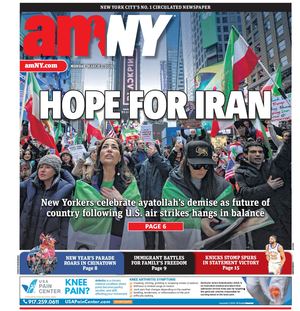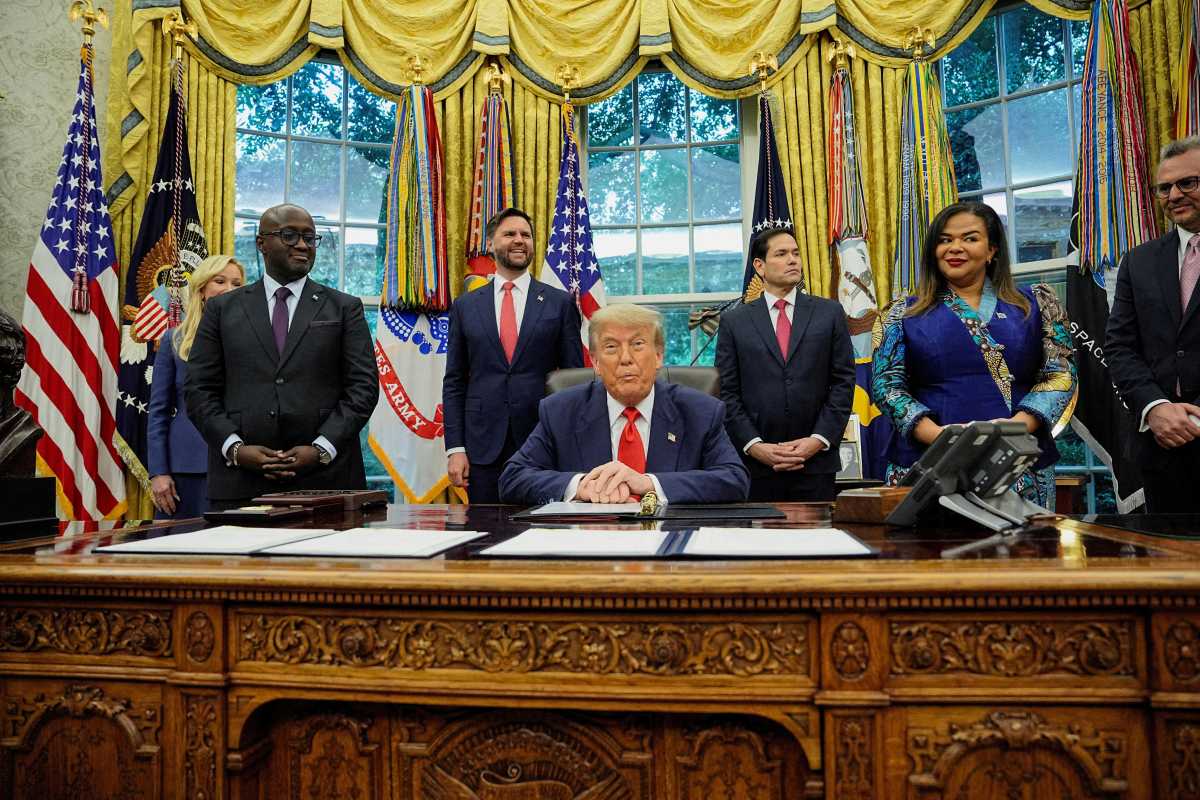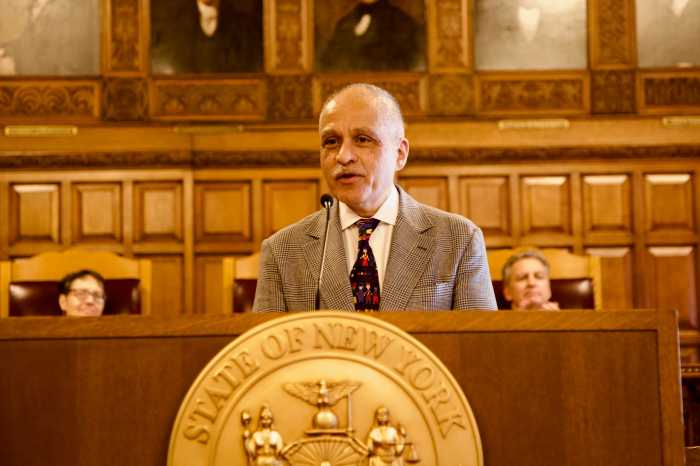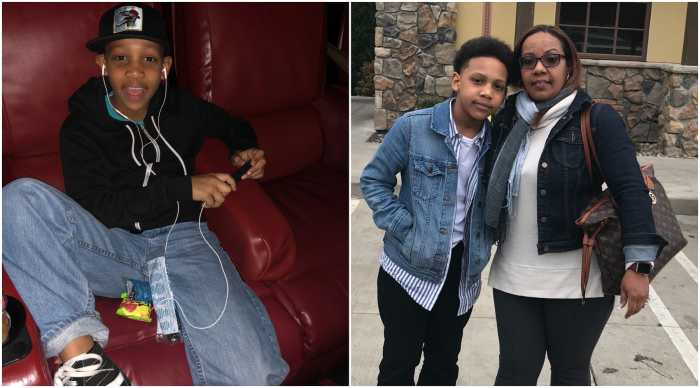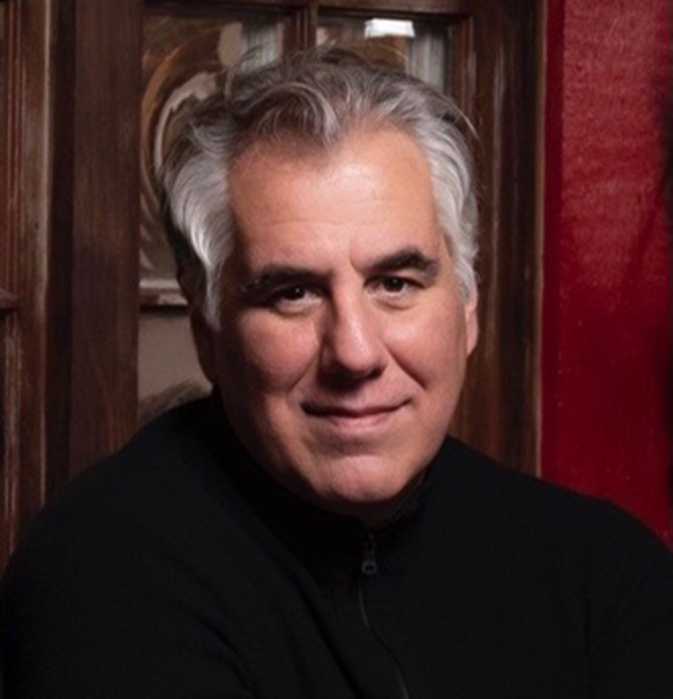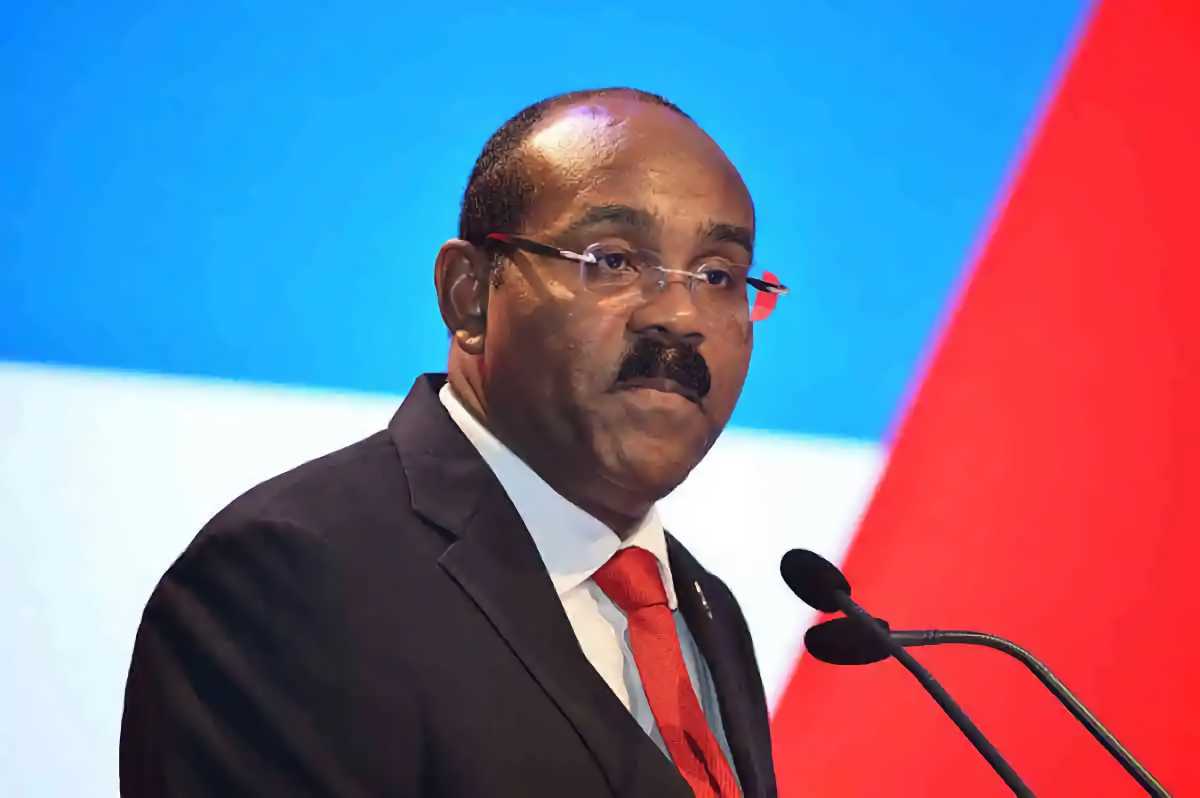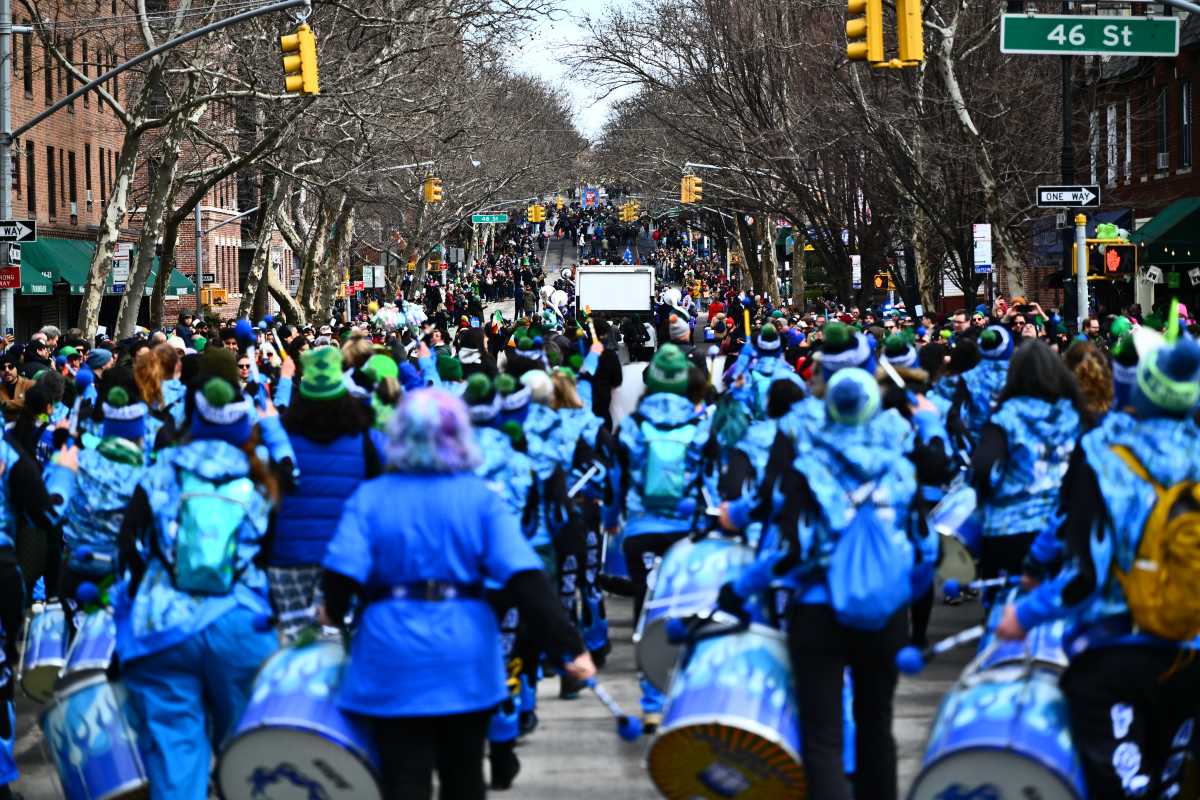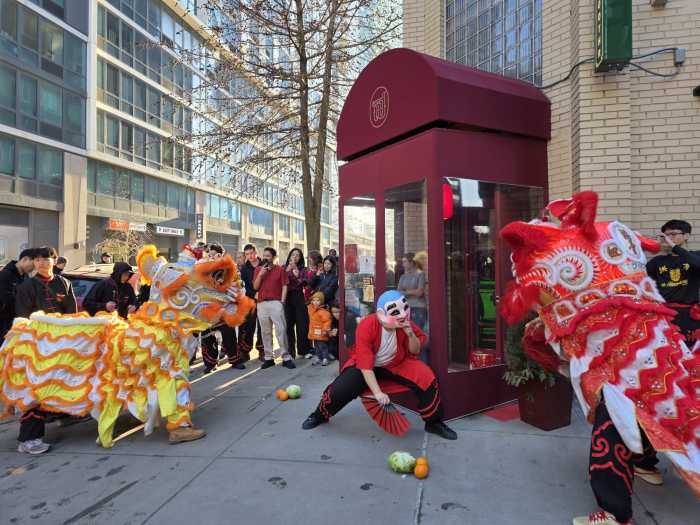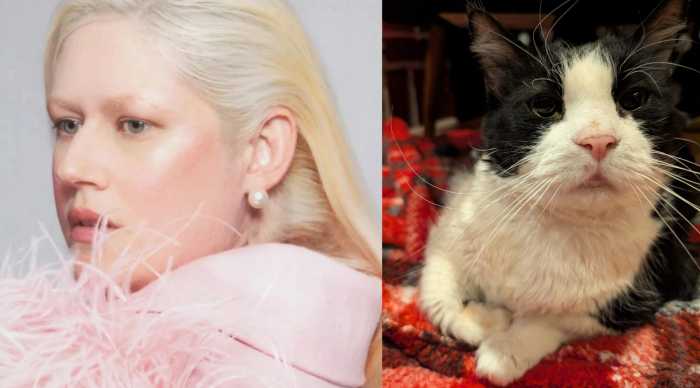People make efforts to make our lives more livable. Teachers, care-givers, service workers, scientists, activists quickly come to mind. So do beautification initiatives to refurbish broken or blighted neighborhoods. Such efforts say a lot about the kind of society we want to be, our values, our aspirations our moral ethos.
But while not explicitly identified or closely analyzed, uglification initiatives also abound. They also speak trenchantly about our values, our morality, our humanity.
I can recall the best-selling 1958 novel “The Ugly American” by Eugene Burdick and William Lederer , which depicts America’s insensitive, intolerant, and morally offensive diplomacy during the Cold War with Russia. Set in Southeast Asia, it dramatizes how by our shortcomings we lost the goodwill of countries with whom we were competing with the Soviet Union for friendship and support. The book inspired President John F. Kennedy’s creation of the Peace Corps. It also foreshadowed America’s disastrous involvement in the Vietnam War.
Uglification resonates in Trump’s America. It’s a phenomenon people may not be aware of or are not willing to acknowledge. It takes many forms. It includes visually offensive spectacles such as Trump’s ostentatious dinner parties at Mar-a-Lago while more than 40 million Americans are starving, or Trump’s erecting a gaudy ballroom to replace the bulldozed East Wing of the White House, or the massive banners hailing Trump that ornament government buildings, or Trump’s plan to build a triumphal arch near the Lincoln Memorial that replicates the Bolzano Victory Monument in Italy honoring fascist leader Benito Mussolini, or Trump’s military parade in Washington D.C. commemorating his birthday, or Trump’s obsession with gold décor, including gold fixtures and a gold toilet seat in the newly-renovated Lincoln bathroom in the White House.
But ugliness is more than buildings, monuments, banners, parades, and toilet seats. Ugliness also inheres in Trump’s rhetoric. It’s hard to think of any president in American history who has made the kinds of hate-filled, racist, sexist, xenophobic remarks as Trump. And his rhetoric has emboldened and mobilized his supporters to hateful action. Trump has said repeatedly that he “hates” his political opponents and labels as his “enemies” anybody who does not support him. He has called women “fat pigs,” “dogs,” “slobs,” and that “you have to treat ‘em like shit.” He has called immigrants “animals,” “vermin,” “infesting the country, “poisoning the blood of our country,” and “eating cats, dogs, and people’s pets.” His racial slurs include “the Japs,” “Pocahontas,” “Black jobs,” “Hispanic jobs.” His ban on Muslims and other foreign-born persons has included comments like “they all have AIDs,” they come from “shit” countries, and they should go back to their “huts.” He characterized Nazis who demonstrated in Charlotteville, Virginia, as including “some very fine people.” He incited his followers on January 6th 2021 to attack the Nation’s capital to prevent the electoral certification of President Biden.
But the uglification of this once-great country is not only shown by symbols that satiate Trump’s ego or rhetoric that contaminates much of our public discourse. Consider the many ways Trump has transformed a free and open democracy into a militarized society in which masked immigration agents kidnap people off the streets, break into cars to make arrests, use tear gas and pepper spray on peaceful protesters, arrest people outside courtrooms after hearings, chase people into schools and churches, and deport them to foreign hell holes to be tortured. It’s a society permeated by fear and helplessness, even by prestigious law firms and universities, and where more and more people are suffering economically, losing jobs, unable to pay for groceries or make home and auto payments, where more children are starving, and the wealthy getting wealthier, especially Trump and his family hauling in over $5 billion. Corruption and white-collar crime is thriving, with Trump’s cronies escaping prosecution while Trump’s enemies are indicted.
Democracies rise and fall. So do tyrants. To the reader, please indulge me.
I conclude with a poem, “Ozymandias,” by Percy Bysshe Shelley:
“I met a traveller from an antique land,
Who said—’Two vast and trunkless legs of stone
Stand in the desert. . . . Near them, on the sand,
Half sunk a shattered visage lies, whose frown,
And wrinkled lip, and sneer of cold command,
Tell that its sculptor well those passions read
Which yet survive, stamped on these lifeless things,
The hand that mocked them, and the heart that fed;
And on the pedestal, these words appear:
My name is Ozymandias, King of Kings;
Look on my Works, ye Mighty, and despair!’
Nothing beside remains. Round the decay
Of that colossal Wreck, boundless and bare
The lone and level sands stretch far away.”
Bennett L. Gershman is a distinguished professor at the Elisabeth Haub School of Law at Pace University
